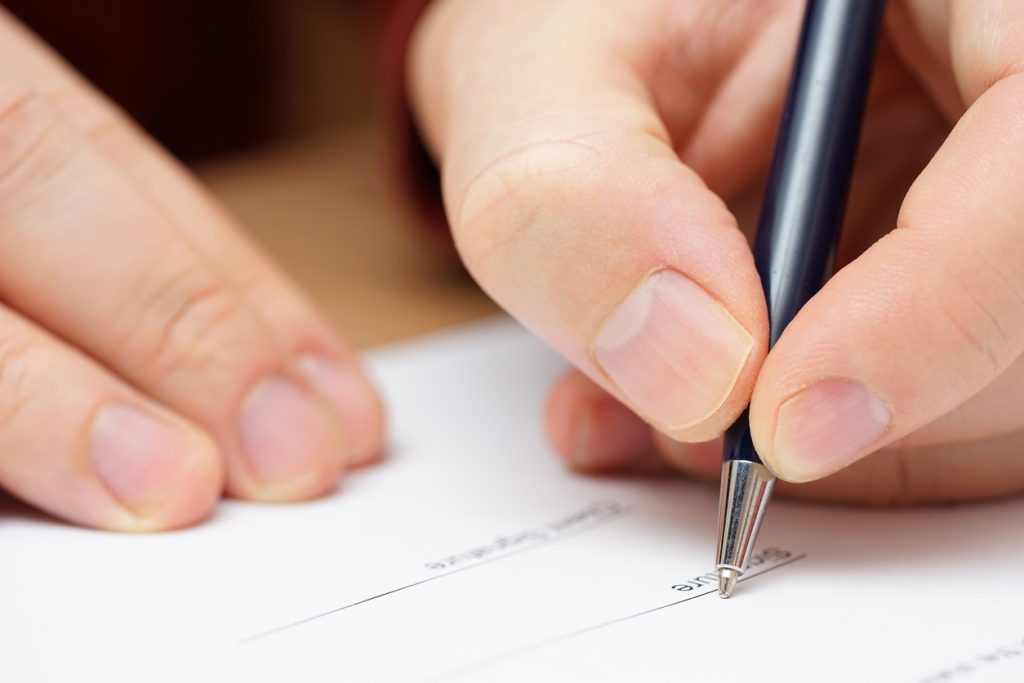When a witness to the will didn’t witness the will
March 31, 2020
It is a requirement under the Wills Act that a valid Will must be signed by the person making the Will and that signature must be made or acknowledged in the presence of two or more witnesses present at the same time. There are various reasons why a Will has to be in writing and witnessed but what happens if things haven’t quite been done correctly?

The Will that Wasn’t Witnessed
In a recent case the Supreme Court had to consider a Will that had not been witnessed by two people who were present at the same time. One of the ‘witnesses’ to the Will had visited the deceased and his wife in April 2011 for the purpose of getting the Will executed. He had in fact prepared the Will based on instructions that had been given to him by the deceased and while he was present the deceased appeared to read through the draft and indicate his approval of it.
Before the testator (the person making the Will) had signed it however, the ‘witness’ left the room. When he returned to the room the deceased was no longer there and had apparently gone to bed. Each page of the Will had apparently been signed by the deceased, but the problem was that the witness hadn’t seen him do it. On that basis, the Court concluded that the Will did not satisfy the formal requirements of the Wills Act in order for it to be valid.
What Can Be Done When a Will Isn’t Valid
If a document that is intended to be a Will hasn’t been executed in accordance with the formalities of the Wills Act, the Supreme Court can still admit it to Probate as a Will if it is satisfied that:
- the document expresses testamentary intentions of the deceased person; and
- the deceased person intended the document to constitute his or her Will.
In this case, the Court was satisfied that on the evidence the document did in fact express the ‘testamentary intentions’ of the deceased and that he intended it to constitute his Will. Since the only issue was the question of proper execution, then the Court determined that it was appropriate to admit it despite the defective execution of the Will.
While in the end the deceased’s wishes were to honoured, an error in drafting and executing a Will such as occurred in this case can be costly to the estate. It was necessary for the Court to hear evidence and for the parties to prepare Affidavits and other material in order to satisfy the Court that the document should be admitted to Probate. It is obviously much better to get it right the first time by engaging an experienced Wills and Estates Lawyer to prepare and assist with the execution or signing of our Legal Will. In most cases, Websters Lawyers are able to offer a fixed fee for drafting and executing your Will based on how simple or complex the estate is. You can discuss this with us on the phone and find out just what’s involved by calling 8231 1363 or request one of our lawyers to give you a call by sending through a Contact Form.

